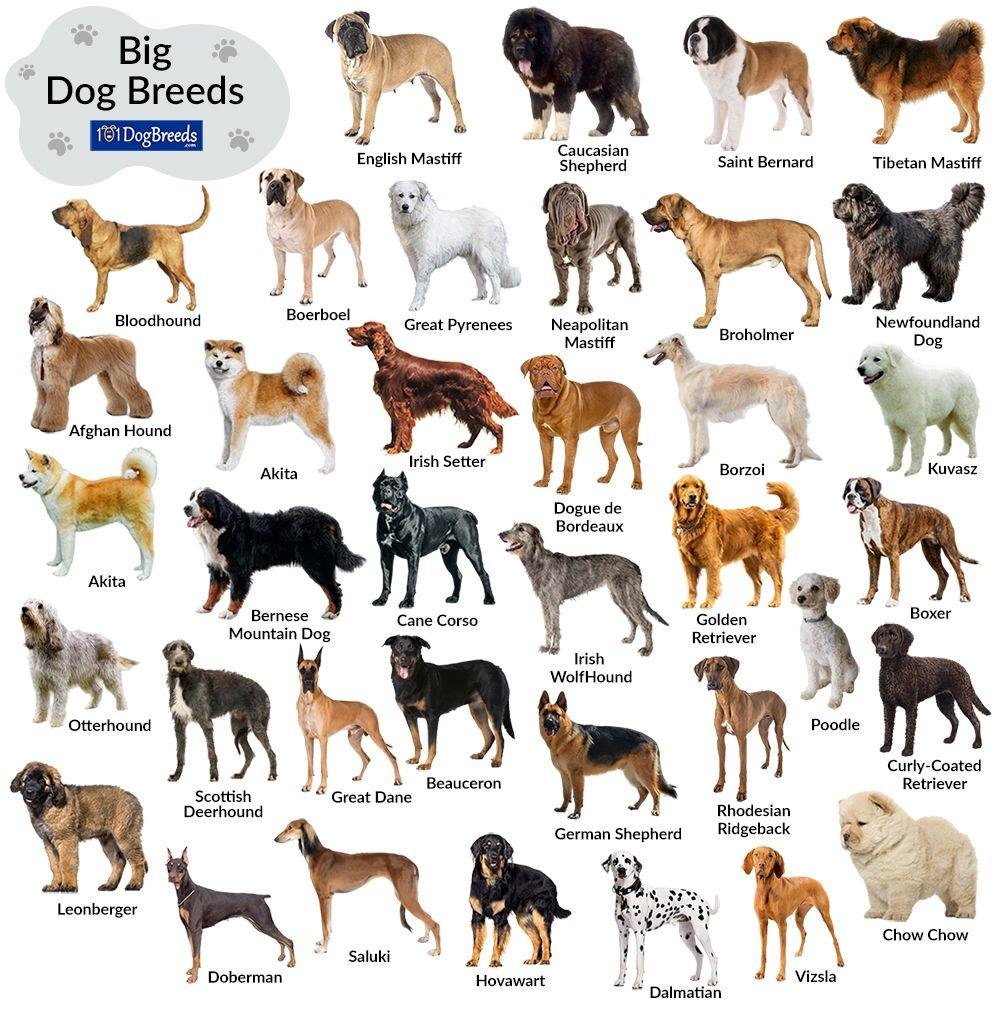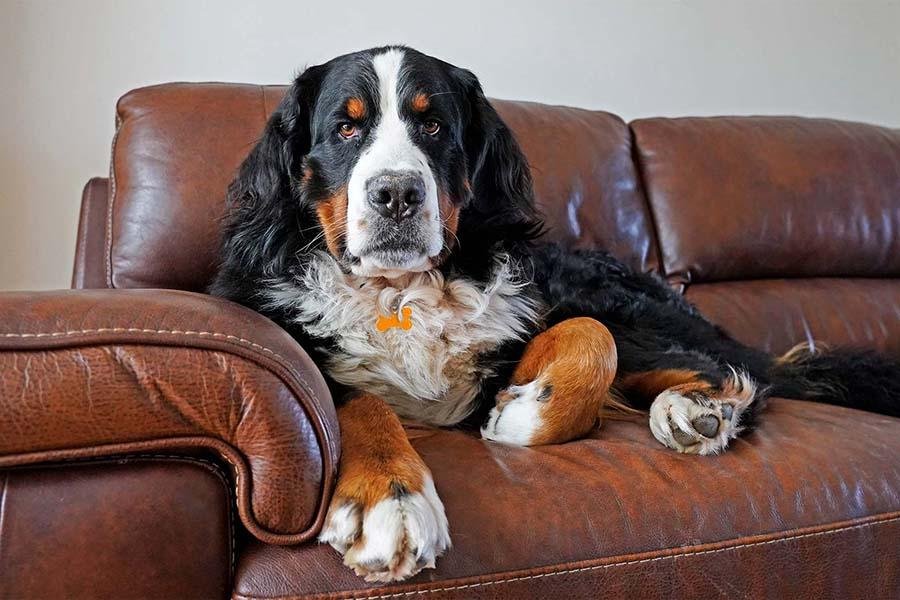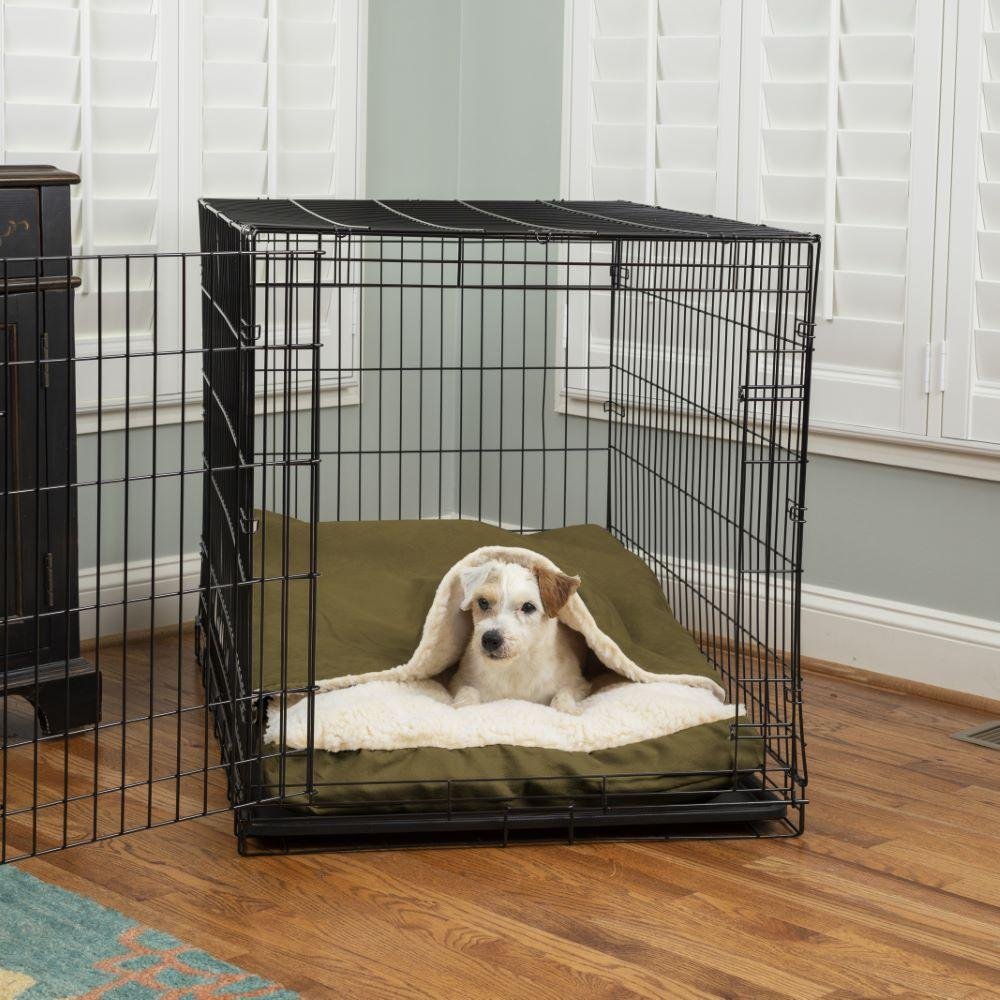
When it comes to our beloved canine companions, especially those towering giants that seem to take up half the room, their comfort becomes a topic of conversation as weighty as their presence. With wagging tails and soulful eyes, these gentle giants are not just pets; they are family members who deserve a cozy, restful haven for their nightly slumber. But as owners consider their resting arrangements, a question arises: Should these massive companions nestle on the floor, sinking into plush carpets and cool tiles, or should they recline atop a raised bed designed to pamper their impressive frames? In this article, we will explore the pros and cons of each sleeping arrangement for giant dogs, weighing considerations such as comfort, health, and practicalities, ultimately aiming to guide owners toward the best choice for their four-legged friends.
Table of Contents
- The Comfort Factor: Assessing the Sleep Preferences of Giant Dog Breeds
- Health Considerations: Floor vs. Raised Sleeping Areas
- Choosing the Right Sleeping Surface: Material and Design Recommendations
- Creating a Safe and Cozy Sleep Environment for Your Giant Dog
- Q&A
- In Summary

The Comfort Factor: Assessing the Sleep Preferences of Giant Dog Breeds
When considering the ideal sleeping arrangements for giant dog breeds, comfort plays a crucial role in ensuring restful sleep. These gentle giants often favor soft, cushioned surfaces that provide adequate support for their substantial weight and unique body structure. Some key factors to consider include:
- Joint Health: Raised beds can alleviate pressure on joints, which is vital for breeds prone to hip dysplasia or arthritis.
- Temperature Regulation: Elevated sleeping options can enhance airflow, helping to keep your pet cool during warmer months.
- Comfort Layers: Memory foam pads, orthopedic mattresses, or soft blankets can greatly enhance the overall comfort level, regardless of the sleeping position.
Conversely, many dog owners debate whether a simple floor setup might be more suitable for their giant friends. Here are some points to ponder regarding floor sleeping:
- Natural Instincts: Some dogs prefer ground-level sleeping as it mirrors their instinctive behaviors in the wild.
- Easy Access: For older or injured dogs, a floor-level bed can facilitate easier access, reducing strain on joints when getting up and lying down.
- Affordability: Floor pads or blankets are often less expensive than raised beds, making it an economical choice for many dog owners.
| Sleeping Option | Pros | Cons |
|---|---|---|
| Raised Bed | Relieves joint pressure, promotes airflow | May not suit all dogs, higher cost |
| Floor Bed | Natural instinct, easier for mobility | Less support, can be colder |

Health Considerations: Floor vs. Raised Sleeping Areas
When considering the sleeping arrangements for giant dogs, health considerations are paramount. These large breeds, such as Great Danes and Mastiffs, are prone to specific issues that could be exacerbated by sleeping conditions. For instance, joint problems are common in larger dogs, and a hard floor could lead to discomfort and pain over time. Raised sleeping areas can offer additional support, often filled with orthopedic materials, allowing for better weight distribution and pressure relief on sensitive joints. Furthermore, sleeping elevated can promote better circulation, reducing the risk of developing conditions like bloat, which is particularly concerning in giant breeds.
Additionally, temperature regulation is a crucial factor when determining ideal sleeping conditions. Elevated beds can improve air circulation, which can be beneficial in warmer climates or during the summer months. Alternatively, sleeping directly on the floor might be less comfortable for dogs in drafty or cold areas. Consider these key factors when making a choice:
- Joint health: Raised beds provide support and reduce strain.
- Temperature comfort: Elevated sleeping areas may offer better air flow.
- Accessibility: Ensure the chosen sleeping arrangement is easy for the dog to enter and exit.
To illustrate the health impacts further, here’s a quick comparison of potential benefits:
| Sleeping Area | Benefits |
|---|---|
| Floor |
|
| Raised Area |
|

Choosing the Right Sleeping Surface: Material and Design Recommendations
When considering the ideal sleeping surface for giant dogs, it’s crucial to evaluate both the material and design of their bedding. Plush memory foam beds can provide essential support to accommodate their larger frames, helping to alleviate pressure points and joint pain. Look for options with a waterproof cover to protect the bed from accidents and make cleaning easier. Additionally, beds with orthopedic properties can be beneficial for older giant breeds who may be prone to arthritis or other mobility issues. Some suitable materials include:
- High-density memory foam – Offers excellent support and comfort.
- Orthopedic foam – Specifically designed to relieve pressure.
- Very durable fabrics – Ensures longevity against wear and tear.
In terms of design, raised dog beds can be particularly advantageous, especially in warmer climates. Elevating your dog’s sleeping surface can facilitate airflow, keeping them cooler, while also protecting them from cold floors. These beds generally feature sturdy frames and breathable fabric, providing a balance of comfort and support. When selecting a raised bed, consider:
| Feature | Benefits |
|---|---|
| Elevated Design | Promotes air circulation and reduces heat retention. |
| Sturdy Frame | Supports the weight of large breeds without sagging. |
| Easy to Clean | Removable covers allow for hassle-free maintenance. |

Creating a Safe and Cozy Sleep Environment for Your Giant Dog
Creating a space where your giant dog can unwind and feel secure is essential for their overall well-being. Start by choosing a location that offers peace and quiet away from the hustle and bustle of household activities. This can help minimize distractions and disturbances during their sleep time. Consider incorporating the following elements to enhance their sleep sanctuary:
- Comfortable Bed: Select a bed that provides ample support, like orthopedic or memory foam, designed to accommodate their size.
- Soft Bedding: Layer the bed with soft blankets or cushions to create a cozy nest where they can curl up.
- Temperature Control: Ensure the area is well-ventilated and maintain a comfortable temperature, as giants can be sensitive to heat.
- Safe Space: Create a designated corner free from heavy furniture or sharp objects to avoid any potential accidents while they sleep.
Additionally, consider the flooring type when establishing their sleeping area. Some giant dog breeds thrive on soft surfaces like carpets, which can mitigate stress on their joints, while others may prefer a raised bed to help with airflow and ease of movement. Here’s a quick comparison of various sleeping surfaces:
| Surface Type | Benefits | Considerations |
|---|---|---|
| Raised Bed | Good air circulation, easier for older dogs to get up | May shift or tip if not stable |
| Orthopedic Foam | Provides excellent joint support | Can retain heat, ensure cool conditions |
| Soft Carpet | Warm and cushioned for extra comfort | Can trap allergens, regular cleanings needed |
Q&A
Q&A: Should Giant Dogs Sleep on the Floor or Raised Up?
Q1: What are the main considerations when deciding where a giant dog should sleep?
A1: When it comes to sleeping arrangements for giant dogs, several factors should be taken into account. Their size and breed significantly influence their comfort levels, along with their age, health, and personal preferences. Considerations like joint health are crucial; for instance, older dogs or those with arthritis may benefit from softer surfaces that provide better support.
Q2: What are the benefits of having a giant dog sleep raised up?
A2: Raised sleeping surfaces can offer several advantages. Firstly, they can promote better air circulation, keeping the dog cooler and more comfortable. A raised bed can also help protect against cold, damp floors, reducing the risk of health issues related to temperature. Additionally, beds designed for larger breeds often provide ergonomic benefits that can alleviate joint stress and provide orthopedic support.
Q3: Are there any downsides to raised beds for giant dogs?
A3: While raised beds can be beneficial, there are potential downsides. Some giant dogs may struggle to get on or off a raised surface due to their size or health issues, especially as they age. It’s also important to consider the stability of the bed—if it wobbles, it may make the dog feel insecure. Lastly, raised surfaces may not be as cozy as a cushy blanket on the floor, so some dogs may prefer lying flat.
Q4: What’s the case for letting giant dogs sleep on the floor?
A4: Allowing giant dogs to sleep on the floor comes with its own set of perks. Many dogs find comfort in being close to the ground, where they feel secure. Additionally, a soft, plush surface can provide a familiar resting place, particularly if your dog enjoys using blankets or bedding. The floor can also be easier for dogs to access, avoiding any stress related to climbing onto a bed.
Q5: How can I determine what’s best for my giant dog?
A5: Observing your dog’s behavior is key. Does your giant dog seem to prefer sleeping on the ground or does it gravitate towards a bed? Monitor for signs of discomfort, especially after they wake up. Consulting with a veterinarian can also provide tailored advice based on your dog’s health and age. Ultimately, the goal is to create a sleep environment that nurtures your dog’s wellbeing while accommodating their size.
Q6: What are some recommended sleeping products for giant dogs?
A6: For raised sleeping options, consider elevated dog beds with breathable mesh materials that offer good support without trapping heat. Alternatively, memory foam beds designed for large breeds can provide cushioned support while being low enough for easy access. If opting for floor sleeping, a thick, plush dog blanket or a specialized orthopedic mat can give your dog the comfort they need while remaining close to the ground.
Q7: is there a definitive answer to where giant dogs should sleep?
A7: Ultimately, there isn’t a one-size-fits-all answer. The right choice depends on your dog’s individual needs and preferences. Whether on the floor or raised up, the most important factor is ensuring your giant dog has a restful, safe, and comfortable sleeping environment.
In Summary
the decision of whether giant dogs should sleep on the floor or in a raised sleeping area ultimately hinges on individual preferences, specific health considerations, and the unique dynamics of each household. While some may find comfort in the traditional sprawled-out look of their gentle giant resting on a soft area rug, others may opt for a raised bed to offer support and ease joint strain. As with any aspect of pet care, the key lies in observing your dog’s habits, assessing their needs, and making informed choices that contribute to their overall well-being. Regardless of where they lay their heads, the bond between you and your beloved canine remains the true measure of contentment. So, take the time to explore the options, listen to your pup’s cues, and create a cozy sleeping arrangement that’s just right for your towering companion. After all, a happy dog is a sleeping dog—whether they choose to nestle into the floor or perch upon a plush pedestal.

